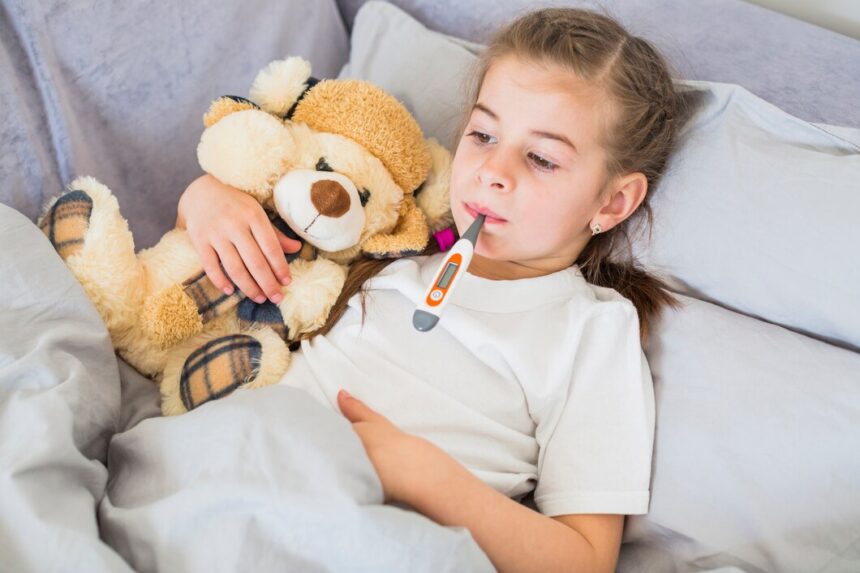Dengue fever is a mosquito-borne viral infection that poses significant health risks, especially in tropical and subtropical regions. It is essential for parents and caregivers to recognize the early signs and symptoms of dengue fever in children to ensure timely medical intervention and avoid severe complications.
Understanding Dengue Fever
Dengue fever is caused by the dengue virus, which is transmitted primarily by Aedes mosquitoes. The infection can range from mild to severe, with severe forms potentially leading to dengue hemorrhagic fever or dengue shock syndrome. Children are particularly vulnerable and may exhibit symptoms differently than adults.
Early Signs and Symptoms
- High Fever: One of the initial signs of dengue fever in children is a sudden high fever, often reaching 102°F (39°C) or higher. This fever can last for 2-7 days and may be accompanied by chills.
- Severe Headache: Children with dengue fever may experience intense headaches, often localized to the forehead. This headache can be debilitating and is sometimes described as a “breakbone” pain due to its severity.
- Pain Behind the Eyes: A common symptom in children with dengue fever is pain behind the eyes. This pain can be persistent and is often described as deep or aching.
- Muscle and Joint Pain: Dengue fever can cause severe muscle and joint pain, which may lead to a general sense of discomfort or weakness in children. This pain is sometimes intense enough to interfere with daily activities.
- Rash: A rash can develop a few days after the onset of fever. The rash may appear as small red spots or patches and can be widespread. It often starts on the trunk and spreads to the limbs and face.
- Nausea and Vomiting: Children with dengue fever may experience nausea and vomiting, which can contribute to dehydration. These symptoms can make it challenging for children to keep fluids down.
- Fatigue and Weakness: Persistent fatigue and weakness are common as the body fights the infection. Children may become lethargic or less active than usual.
- Loss of Appetite: A decrease in appetite is another early sign of dengue fever. Children may refuse to eat or drink, which can exacerbate dehydration.
- Mild Bleeding Symptoms: Some children may show mild bleeding symptoms such as nosebleeds, bleeding gums, or easy bruising. These symptoms should be monitored closely as they can indicate a progression towards severe dengue.
When to Seek Medical Attention
If a child exhibits any of these symptoms, especially with a high fever and persistent pain, it is crucial to seek medical attention promptly. Early diagnosis and supportive care can prevent complications and reduce the severity of the illness. Medical professionals can conduct tests to confirm dengue fever and provide appropriate treatment.
Managing Dengue Fever at Home
While seeking medical care, managing dengue fever at home involves:
- Ensuring Hydration: Maintain adequate fluid intake to prevent dehydration. Oral rehydration solutions can be beneficial.
- Fever Management: Use acetaminophen (paracetamol) to manage fever and pain, avoiding non-steroidal anti-inflammatory drugs (NSAIDs) like ibuprofen, which can worsen bleeding.
- Rest: Encourage rest to help the body recover.
Prevention
Preventing dengue fever involves minimizing mosquito bites through:
- Using Mosquito Repellents: Apply mosquito repellent to exposed skin.
- Wearing Protective Clothing: Dress children in long sleeves and pants.
- Eliminating Standing Water: Reduce mosquito breeding sites by eliminating standing water around the home.
Recognizing the early signs and symptoms of dengue fever in children is vital for prompt medical care and prevention of severe complications. By being vigilant and proactive, parents and caregivers can help ensure their child’s safety and well-being during a dengue outbreak.










